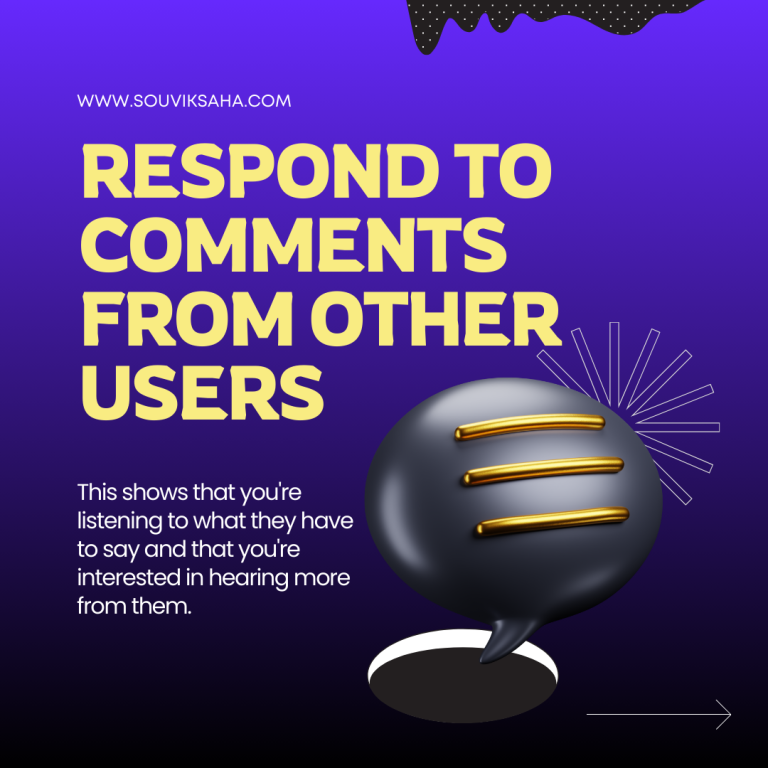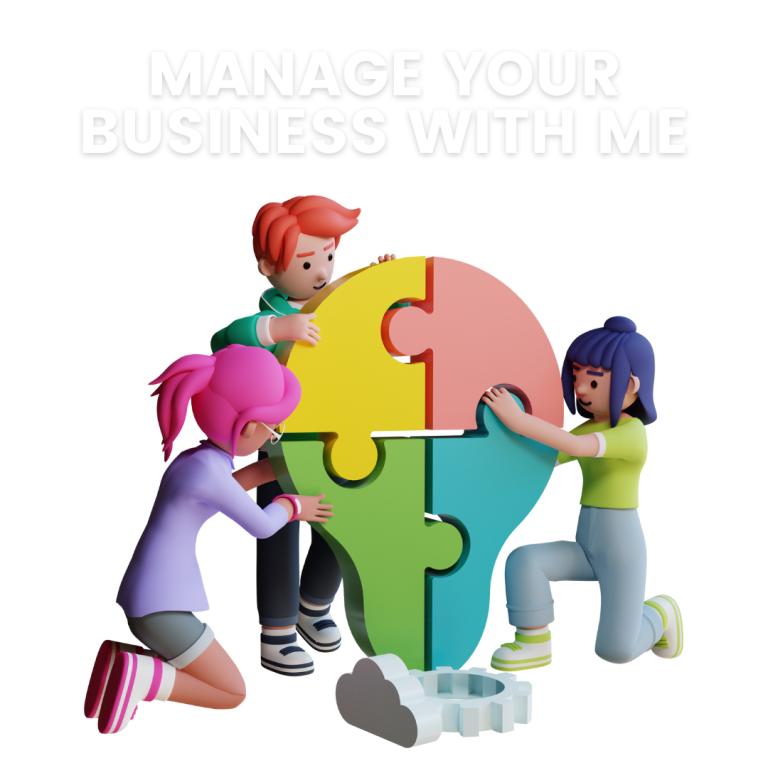
Why is a Website Important for your Business?
Websites serve multiple purposes depending on the context and goals of the individual or organization. Here are a few reasons why having a website can be important
Online Presence:
In today's digital age, having an online presence is crucial for visibility and accessibility. A website acts as your virtual storefront or business card, allowing people to find you and learn about what you offer.
Credibility and Trust:
A professionally designed website can instill trust and credibility in your audience. It serves as a platform to showcase your expertise, portfolio, testimonials, and other relevant information that can help establish your authority in your field.
Marketing and Branding:
Your website is a powerful marketing tool where you can promote your products, services, or personal brand. It provides a centralized platform for your marketing efforts, allowing you to reach a wider audience and communicate your brand message effectively.
24/7 Accessibility:
Unlike physical stores or offices, a website is accessible 24/7, allowing potential customers or clients to learn about you and your offerings at any time, regardless of their location or time zone.
Customer Engagement:
Websites can facilitate customer engagement through features such as contact forms, live chat support, comment sections, and social media integration. This interaction can help build relationships with your audience and improve customer satisfaction.
Data Collection and Analysis:
Websites can be equipped with analytics tools to track visitor behavior, demographics, and other relevant data. This information can provide valuable insights into your audience's preferences and behaviors, enabling you to optimize your website and marketing strategies.
E-commerce Opportunities:
For businesses selling products or services, a website can serve as an online storefront, enabling you to reach customers beyond your local area and even internationally. E-commerce functionality allows for secure online transactions, expanding your revenue opportunities.
Overall, a website offers a versatile platform to establish your online presence, build credibility, engage with your audience, and achieve your personal or business objectives.
What are the types of Websites?
Websites can vary widely in terms of their purpose, functionality, and content. Here are some common types of websites:
Personal Websites/Blogs:
These websites are created by individuals to share personal experiences, thoughts, hobbies, or interests. They often include blog posts, photos, videos, and other content related to the owner's life or passions.
Business Websites:
Business websites are created by companies or organizations to promote their products, services, or brand. They typically include information about the company, its offerings, contact details, and sometimes e-commerce functionality for online sales.
E-commerce Websites:
These websites are specifically designed for online retail, allowing businesses to sell products or services directly to customers over the internet. They include features such as product listings, shopping carts, secure payment gateways, and order management systems.
Portfolio Websites:
Portfolio websites are used by professionals such as artists, designers, photographers, and writers to showcase their work. They typically include galleries or portfolios of past projects, client testimonials, and contact information for potential clients or employers.
Educational Websites:
Educational websites provide information, resources, and learning materials on various subjects. They can range from formal online courses and universities to informal blogs or tutorials on specific topics.
Media and Entertainment Websites:
These websites offer entertainment content such as news, articles, videos, music, movies, games, and other forms of media. Examples include news websites, streaming platforms, and online gaming sites.
Social Networking Websites:
Social networking sites enable users to connect with others, share content, and communicate online. They often include features such as user profiles, friend lists, messaging, and news feeds. Examples include Facebook, Twitter, LinkedIn, and Instagram.
Community Forums and Discussion Boards:
These websites provide platforms for users to engage in discussions, ask questions, and share knowledge on specific topics or interests. They typically include user-generated content organized into threads or topics.
Nonprofit and Charity Websites:
Nonprofit organizations use websites to raise awareness about their cause, attract donors and volunteers, and provide information about their programs and initiatives.
Government Websites:
Government websites provide information and services related to government agencies, programs, and regulations. They often include resources for citizens, businesses, and public officials.


What You Need to Know Before Hiring a Website Developer?
Define Your Website Goals and Needs:
What kind of website are you building? What do you want it to achieve? Who is your target audience? Having a clear idea of your goals will help you communicate your needs effectively to potential developers and ensure they're a good fit for your project.
Understand Your Budget:
Website development can range in cost depending on the complexity of the project. Be upfront about your budget with potential developers so they can tailor their proposals accordingly.
Look For Experience With Similar Projects:
A developer who has experience building websites in your industry or for a similar target audience will be more familiar with the specific needs and challenges you're likely to face.
Ask About Their Design Process:
How will the developer work with you to design and develop your website? What tools and technologies will they use? It's important to find a developer who has a clear process that you're comfortable with.
Clarify Ownership and Rights:
Determine who will own the rights to the website and its content upon completion. Ensure this is clearly outlined in the contract to avoid any disputes down the line.
Discuss Maintenance and Support:
Inquire about post-launch support and maintenance services. Will the developer provide ongoing updates, troubleshooting, and technical support, or will you need to find another provider for these services?
Contracts and Agreements:
Have a written contract in place that outlines the scope of work, project timeline, payment terms, and any other relevant details. This will protect both parties and provide a clear understanding of expectations.
"Hi, I'm a web developer and marketer, passionate about crafting engaging online experiences and driving results. With a blend of technical skills and strategic thinking.
FAQ'S
READ CAREFULLY
How much will my website cost?
The cost of a website can vary widely depending on several factors, including the complexity of the design, the number of features and functionalities required, the platform or technology used, and the developer's rates. Here's a breakdown of some common factors that can influence the cost of a website
Custom Solutions:
Every project is unique, and we tailor our solutions to meet your specific needs and objectives.
Responsive Design:
Our websites are built to be responsive, ensuring they look great and function seamlessly on all devices, from desktops to mobile phones.
User-Centric Approach:
User experience is at the forefront of our design process, creating intuitive and user-friendly interfaces to enhance engagement and satisfaction.
Timely Delivery:
We understand the importance of deadlines and strive to deliver projects on time, without compromising on quality.
Continuous Support:
Our commitment to you doesn't end with the launch of your website. We provide ongoing support and maintenance to ensure your website remains secure and up-to-date.
Scalability:
Our websites are designed with scalability in mind, allowing for future growth and expansion as your business evolves.










